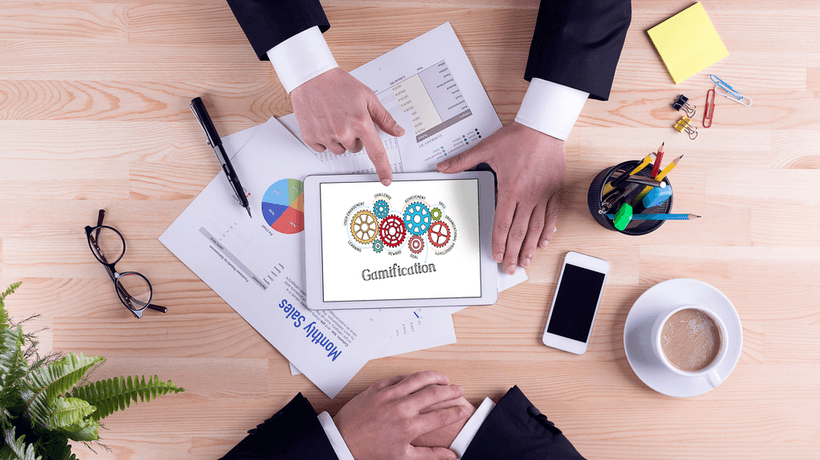HR Professionals And Continuous Learning In The Workplace
"Learning never ends. We learn a new lesson every day, just got to be open-minded enough to understand and see what lesson is taught to you." – Evans Alloyce
This is true for workplaces too. In the modern workplace, things change constantly, the staff changes, and the direction of the company changes. Moreover, technology is evolving rapidly. As a result, it is critical to learn continuously and keep up the pace. The concept behind continuous learning is to help employees expand their knowledge and gain new skills and expertise. In an organization, continuous learning is acknowledged by encouraging employees to learn new things by providing them with the required tools and giving them time. It involves a reexamination of assumptions, methods, policies, practices, and values. It is not need-to-know training, it is a focused development of skills.
When employees are encouraged and supported by their organization to learn, the organization benefits in the form of increased productivity, employee loyalty, and the maintenance of brand reputation in the competitive market. Continuous learning helps companies develop new research, products, services, and keep up with the changing workplace environment and nature.
Deloitte’s survey found that 42% of employees leave an organization because they don’t find any learning opportunities. Accordingly, the ability to learn and progress forms the principal driver for a company’s employment brand. Employees have recognized that continuous learning is critical and they expect employers to reinvent themselves. They demand dynamic learning opportunities that fit their needs and schedules.
At this juncture, HR professionals play a key role in improving employee experience by promoting continuous learning in the workplace. Let us see how HR leaders can promote learning in an organization.
Promoting Continuous Learning In The Workplace
They say people follow leaders’ footsteps. When employees see their HR leaders or supervisors engaged or supportive, it directly promotes learning in the workplace. HR professionals can opt for HR and talent management certifications to upskill themselves, thereby becoming a role model for others.
These certifications help HR professionals to align talent toward achieving the organization’s goals and objectives. Moreover, certified HR professionals are preferred in many organizations today. Other than upskilling oneself, the other factors are briefed below.
Providing Resources And Time
The employees must be given time and resources to learn. HR leaders can indulge in establishing a personal development plan with each employee, devoting time to engage in training, encouraging employees to attend team workshops or events, holding lunch-and-learn meetings, providing access to professional resources, offering coaching opportunities, and creating learning tasks to collaborate on a specialized domain.
Proposing A Training And Development Plan
Further, HR professionals can plan toward achieving established learning goals. It is recommended to conduct training that is specific to required competencies through formal, informal, and on-the-job development opportunities. It is essential to know how employees implement their new learnings in their actual job environment. The action plan can be realized by proposing that employees do various activities. In addition, it is necessary to create multiple learning solutions using technology. For instance, online certifications help save time and allow learners to learn at their own pace.
Providing Opportunities To Apply New Knowledge
It is important to allow employees to apply their new knowledge and skills apart from providing learning opportunities. Employees can be given new assignments or projects as well as be introduced to other areas of business. It keeps employees’ spirits up when they contribute to the development of the organization. Further, it promotes employee loyalty and company branding. Motivated and productive employees are the real assets of an organization as it leads to a high turnover rate and low attrition rate.
Wrapping Up
To sum up, continuous learning is increasingly important at the organizational level. The economic conditions are changing and the current business environment is changing. Given the scenario, organizations must prepare themselves to deal with the changes in order to survive, thrive, and sustain in the environment.
Creating time for employees to learn, documenting the progress toward goals, soliciting feedback, and motivating employees to upskill leads to professional and organizational development. Many multinational companies are preferring their executives to undertake these learning platforms. It helps them to partner with the business goals and achieves subsequent results. Making employees accountable for their success leads to organizational success, and HR professionals are the drivers for this.








